
companies of swarm drones DJ®,fleet fleets, and heterogeneous unmanned helicopters! suppliers of best price DJ® drone swarm systems for precision agriculture in china.
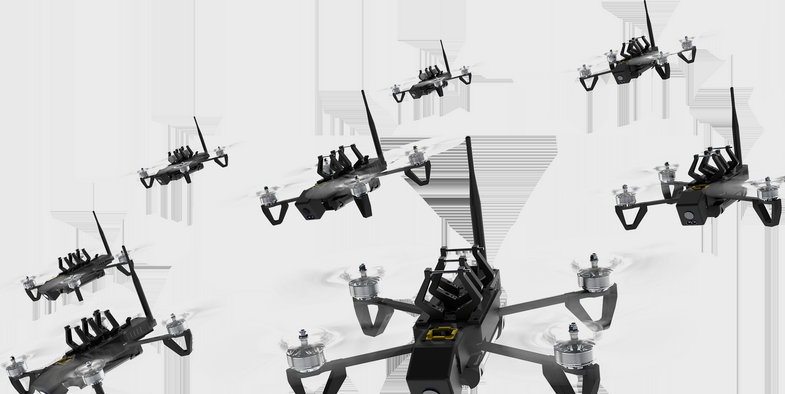
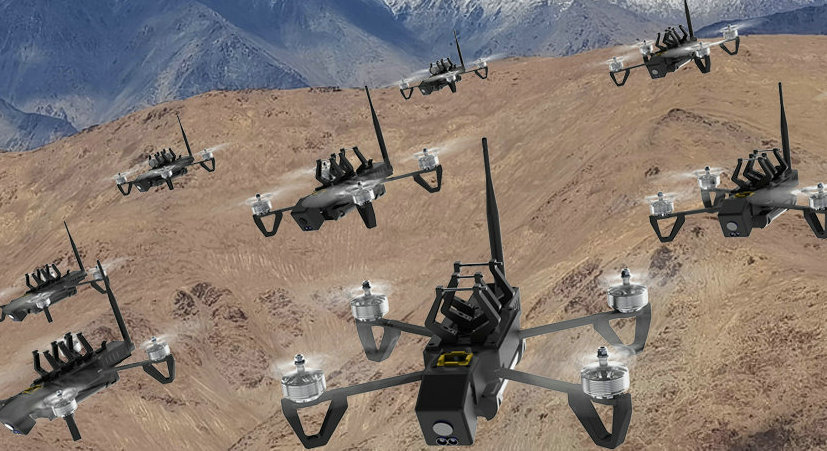
drone swarm, as a drone fleet or drone swarm technology, refers to a group of multiple drones operating collaboratively in a coordinated manner. these drones are often equipped with communication systems and advanced software that allows them to work together to achieve specific objectives. drone swarms are used in a wide range of applications, from military and defense to civilian and commercial uses.
one person and one station can realize more than ten drones,supports multi-formation settings, which can be split and combined in real time into different formations to perform tasks respectively. no need to plan a specific path, just send the formation command with one click. support heterogeneous UAV swarms, helicopters add multi rotor and other heterogeneous swarms to perform tasks collaboratively.
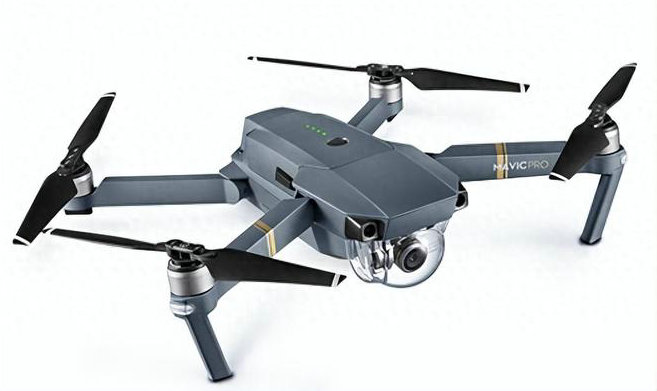
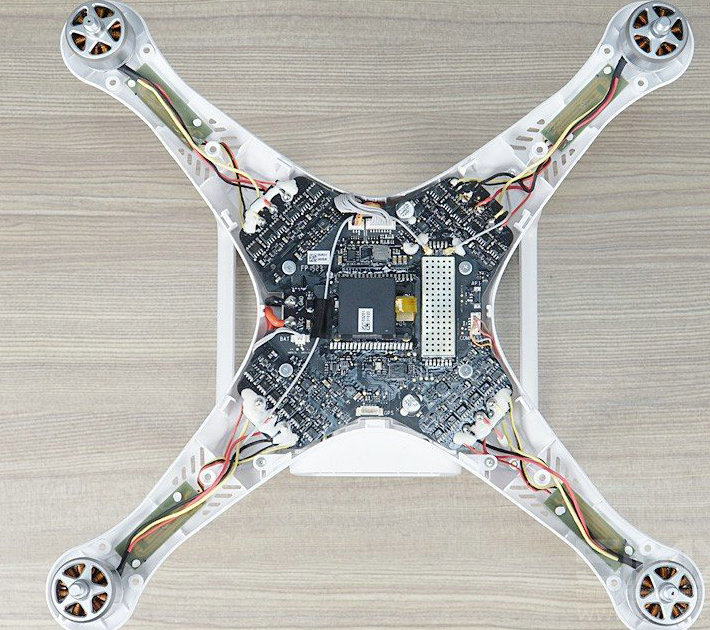
drone swarms can execute complex flight patterns and formations, such as synchronized flight, geometric shapes, or dynamic choreographies, creating visually striking displays. the drone swarms in a swarm can work together to gather data, share information, and provide a broader perspective of the environment.
drone swarms can be employed in precision agriculture for tasks like planting, spraying, and monitoring crops. They can cover large fields more efficiently than single drones. in environmental applications, drone swarms can be used for wildlife tracking, monitoring ecosystems, and assessing changes in natural habitats.
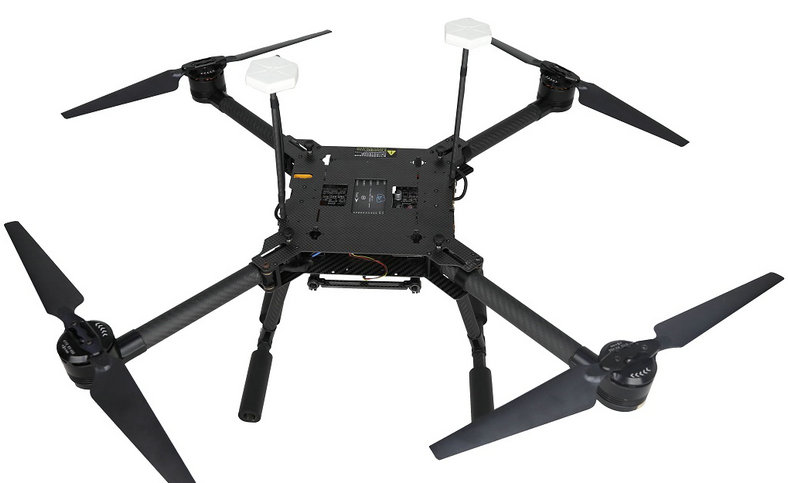
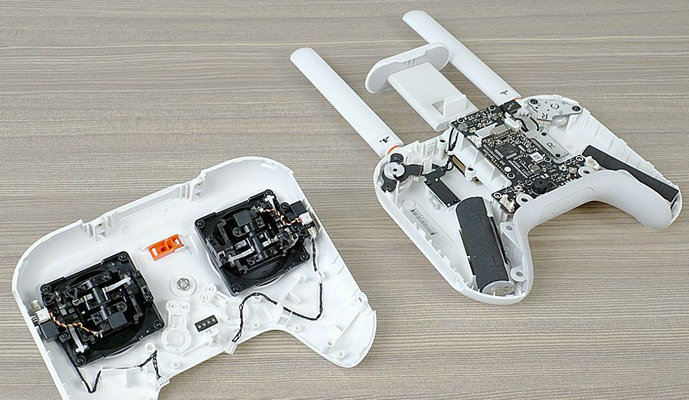
drone swarms are used to create visually stunning light shows and aerial displays at events and performances. They can form intricate patterns and animations in the night sky. drone swarms can cover extensive areas during search and rescue operations, helping to locate missing persons or provide aid in disaster-stricken areas.
drone swarms can be used to extend wireless communication networks in remote or disaster-affected regions. Each drone acts as a relay station, enhancing connectivity. in security and surveillance applications, drone swarms can provide real-time monitoring of large areas, enhancing situational awareness and response capabilities.
drone swarms can be used to efficiently transport and deliver goods and supplies to various locations. they have the potential to revolutionize logistics and reduce delivery times. drone swarms technology is continually evolving and holds promise for a wide range of applications, as it can offer advantages such as improved efficiency, flexibility, and cost-effectiveness in comparison to traditional single-drone operations.
drone swarms operate as a team, communicating with one another and coordinating their actions to perform tasks more effectively. the size of a drone swarm can vary from just a few drones to hundreds or even thousands, depending on the application and requirements. drone swarms often have built in redundancy, where the loss of a single drone does not significantly impact the overall mission. This makes them more reliable.
| size | 310*316*91mm | ||||||||
| maximum takeoff weight | 1.7kg | ||||||||
| maximum load | 300g | ||||||||
| wind resistance | level 6 | ||||||||
| maximum flight altitude | 5200m | ||||||||
| maximum battery life | 20min | ||||||||
| drone swarm systems, heterogeneous UAV fleets, swarm drones, UAV,unmanned swarm helicopters | |||||||||
|---|---|---|---|---|---|---|---|---|---|
- home
- products
- contact
- equipments
- UAV
- camera drones
- fixed wing UAV 200
- VTOL aircrafts 220
- hand-throwing fixed-wing UAVs
- quadcopter drones 820
- huge hexacopter UAVs 1550
- big hexacopter UAVs 1100
- drone PCB
- mini drones 180
- PTZ gimbals
- hydrogen powered drones
- drone LiDAR cameras
- FPV drones
- drone hangar
- underwater robotics
- unmanned helicopters
- drone swarms
- aerial photography drones
- agriculture drones
- inspection drones
- police drones
- emergency drones
- logistics drones
- mapping drones
- mining drones